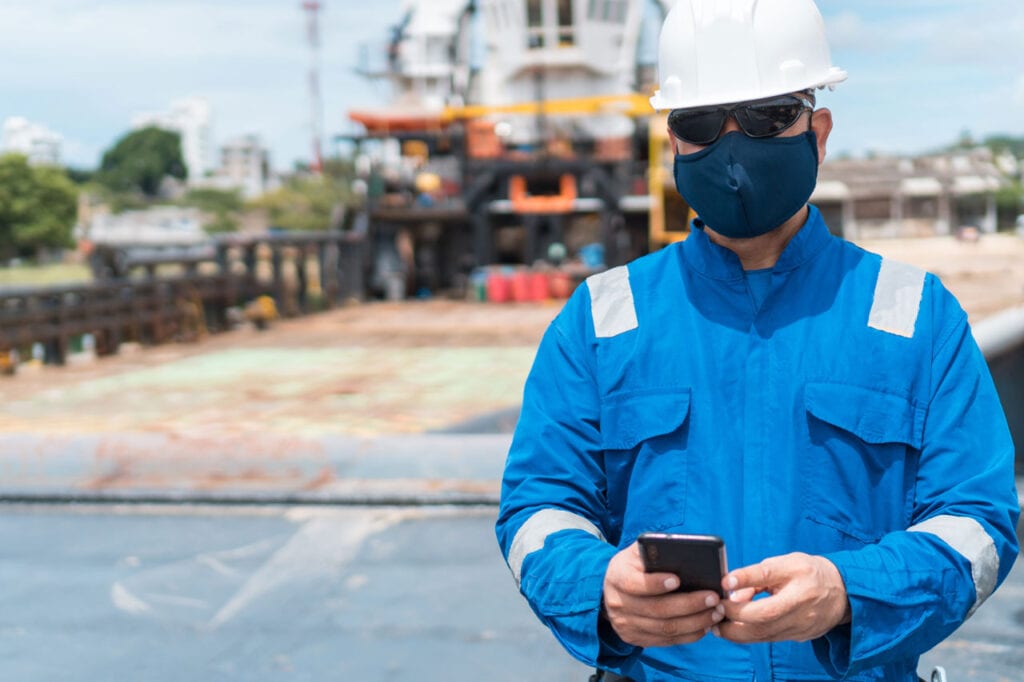Introduction
MM Risk Bulletins No. 23 of 4 Feb 2020 and No. 25 of 26 Mar 2020 provided an initial Member alert to the COVID-19 danger and the WHO’s subsequent decision to declare a global pandemic. More than one year has now passed and an update is essential.
This Risk Bulletin focusses on the on-going need for Members and their crews to ensure full implementation of the COVID-19 mitigation and control advice prepared by and freely available from the World Health Organisation (WHO), the IMO and the International Chamber of Shipping (ICS).
Background
WHO website data for 29 May 2021 provided that there were 169 million COVID-19 confirmed cases and just over 3.5 million deaths reported globally. Regrettably, media reports are that much of the counting appears to have been underreported at source. It is therefore difficult to know if the small downward weekly case and death trends reported by the WHO represent the reality.
Although the spread of the virus has been well controlled in a number of countries, severe problems and high numbers of COVID-19 cases and resulting mortalities continue to be experienced in many others. These ‘others’ are often emerging economy nations, many of which are major providers of ship crews.
It appears that COVID-19 may continue to represent a dangerous and disruptive global threat to health well into 2022 and perhaps beyond. Much will depend on the efficacy of national public health measures in a world which is now ‘lock down weary’. The availability, effective distribution and administration of vaccines also continues to present significant problems. The date of a ‘COVID safe world’ is therefore difficult to predict. As such, continuing ship management and shipboard vigilance is essential.
What do MM Members need to know and do?
As noted above, the WHO, IMO and the ICS websites all provide essential COVID- 19 mitigation and control advice for ship owners, managers, masters and crews. The most relevant web page links are noted below, together with a brief overview of the information provided.
WHO Advice:
Overview: Provides practical guidance to ship owners and seafarers on shipboard COVID 19 protection and management. This includes pre-boarding quarantine and screening measures together with on-board risk analysis, preventative measures, environmental measures, managing suspected COVID 19 cases, access to medical facilities, shipowner obligations and pre-arrival reporting to port authorities in the form provided by Annex 8 of the International Health Regulations (IHR) 2005. It also covers processes for leaving the ship as well as seafarer mental health and psychological support.
NOTE: Members are encouraged to refer to the WHO’s webpages which provide weekly COVID 19 Epidemiological and Operational Updates.
IMO Advice:
Overview: The IMO explain that: “The objective of all parties in the ship/shore interface should be to keep everyone as safe as possible at all times, regardless of whether they are seafarers serving onboard a ship or shore-based workers temporarily coming onboard, and not to place anyone at undue risk or in a position they feel is unacceptable.” The IMO’s guidelines have been created to help meet this objective in a globally consistent manner.
NOTE: Many major ports will have additional and specific ship/shore interface advice posted on their own or national government websites. An example is provided by Singapore MPA Circular No. 20 of 2021, REQUIREMENTS FOR VESSELS ARRIVING FROM COUNTRIES WITH SUSTAINED INCREASE IN COVID-19 CASES.
COVID-19 Protocols for Ensuring Safe Ship Crew Changes and Travel (April 2021)
Overview: The IMO explain that: “This framework of protocols sets out general measures and procedures that should, so far as practicable, be implemented by Governments and all stakeholders … to facilitate safe ship crew changes during the COVID-19 pandemic.” The IMO’s protocols were developed together with industry. National authorities are encouraged by the IMO “…to do everything possible to facilitate ship crew changes”.
ICS Advice:
Overview: This 48-page Guidance is designed to supplement the existing knowledge of ship crew who have medical training to STCW standards. It includes essential advice on port entry restrictions, shipboard risk mitigation, managing COVID-19 cases while at sea, accessing medical care in port, sample posters, WHO recommended medical supplies, use of masks, decision making and the latest PCR testing procedures matrix.
Coronavirus (COVID-19) – Protocols to mitigate the risks of cases on board ships (Aug 2020)
Overview: The ICS and other industry bodies have created two essential tools to help ship operators to both avoid and manage infection on board:
- A flowchart to help identify the process to follow when managing a larger number of suspect cases of COVID-19 on board; and
- A PCR testing procedures matrix to help identify what to do and when prior to boarding and if a suspect case is identified on the ship.
Overview: This practical Q&A guide outlines the most relevant and current information regarding vaccinations for seafarers. It includes answers to important questions on the efficacy and safety of the different types of COVID-19 vaccine currently available. Recommendations on the maintenance of shipboard social distancing, mask use and hygiene – even after vaccination – are also provided. Regrettably, no specific advice is provided on how and where seafarer vaccination can actually be obtained.
NOTE: Members will be aware of the problems associated with obtaining access to WHO approved COVID-19 vaccines for the vaccination of both existing and pre-joining crew members. Recent internet reports advise that the UN has now designated seafarers as ‘essential workers’ in an effort to prioritise their vaccination priority. Unfortunately, this may not assist seafarers immediately in crew supply countries which are currently suffering vaccine shortages.
Conclusion and Takeaway
The negative impacts of the COVID -19 pandemic on shipping and ship operations are well documented. They include restrictions on crew shore leave, access to medical care and repatriation on completion of service contracts or even when caused by crew illness. Ships have also been delayed for prolonged periods due to wrangling over quarantine, disinfection and vaccination requirements. All of this has been costly in terms of crew mental health and the increasing human element of risks as well as ship revenue losses and increased port expenses.
Members are encouraged to review the WHO, IMO and ICS links provided above and the industry best practice advice and recommendations they offer. Members should then consider this information with reference to their current ISPS Code and ISM Code Manuals and Procedures, inclusive of NCVS equivalents for domestic trade vessels. These documents should be updated to ensure that industry best practice standards to mitigate the effects of COVID-19 are implemented on board all of their vessels.


